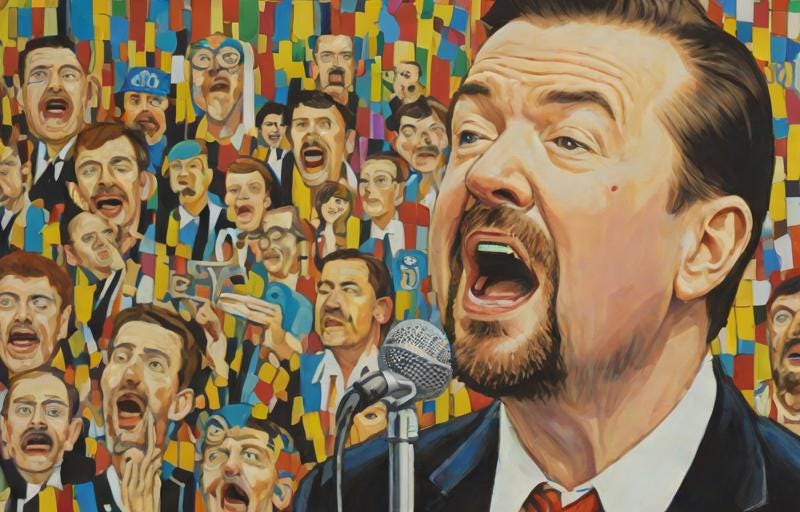Is it OK to say the R-word again?
Everyone from Bill Maher to Ricky Gervais has taken to casually dropping the R-bomb to fire up the language scolds.
In November, responding to news that the Biden administration planned to unlock billions in aid to Iran, Donald Trump, Jr. posted on X: “I know you’re not allowed to use the R word that was a big part of our vernacular growing up if you’re my age, but there has to be exceptions, right???”
While the 45th president’s son was shy to say it, former Olympian …



